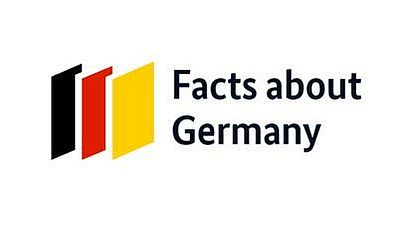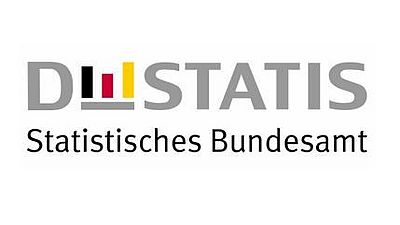
Politics, democracy, freedom
You are moving to Germany and would like to know more about the country’s political system? This page provides you with an overview of the topic.
Key facts at a glance
Democracy
Since the German nation state was founded in 1871, Germany has had a long history. There were many challenges, including the world wars and the dictatorship of the national socialists. The Federal Republic of Germany was founded in 1949, and it learned its lessons from its history. The 76-year-old Basic Law and a stable democracy supported by 84 million citizens are proof of that.
The Basic Law is the most important legal foundation of Germany and defines the country as the following:
- Constitutional state: The government authority is bound by laws and is divided into the legislative (law-making), the executive (law-executing) and the judiciary (responsible for jurisdiction) authority to prevent the abuse of power.
- Federal state: The authority is divided between the 16 federal states and the central state.
- Welfare state: The government is responsible for ensuring social equity and security, for example, by providing support during times of unemployment, illness and in old age.
These principles are of irrevocable character, and they cannot be abolished by amendments to the current constitution or a new constitution.
Individual freedom
The constitution also guarantees other fundamental rights to every person, such as the development of their personality, equality before the law, freedom of faith, freedom of the press and of expression, peaceful freedom of assembly without weapons, occupational freedom and protection from political persecution. The General Act on Equal Treatment (AGG) additionally protects rights, such as the sexual identity. These laws allow everyone to lead a free, autonomous and safe life in Germany and promote diversity in society.
The EU & Germany's partners
Due to various alliances, partnerships and memberships in organisations, Germany maintains a friendly relationship with many countries and works with them to promote peace, democracy and respect for human rights. Germany is a member of the European Union, which grants citizens the freedom of movement. This means that they have the right to travel, live, shop, study or work wherever they wish to inside the EU. The freedom of movement includes the movement of people, goods, services and capital on the domestic market. Moreover, any kind of discrimination against EU citizens due to their nationality is prohibited. You can obtain further information about the free movement of EU workers on the website of the Office for the Equal Treatment of EU Workers .
In addition, Germany is a member of the United Nations, NATO, and the group of permanent representatives of the G7 and G20. These international cooperations are complemented by numerous bilateral partnerships and trade agreements.
Safe and secure
Since its founding, the Federal Republic of Germany has been a very politically stable country. The division of state authority prevents the abuse of power and legal security. This means, that the laws and the independent jurisdiction are reliable. Germany is one of the safest countries in the world. It is ranked 20th out of 163 countries in the Global Peace Index of 2024, and in the Corruption Perceptions Index of 2023 Germany is one of the ten countries most resistant to corruption.
To preserve domestic peace and stability, the federal government invests a lot in security research. In case of emergency, there is a network of security authorities and rescue services ensuring the population’s safety and providing emergency services on a high technological and organisational level.
Information on the web
- The Federal Government Website of the Federal Government
- Federal Office for Migration and Refugees The political and legal system
- Federal Agency for Civic Education Things to know about German political parties
- Gesetze im Internet The Basic Law for download
- Federal Ministry of the Interior and Community Information about security in Germany
- Information about the Freedom of the movemen
Do you have any questions?
Let us advise you on your opportunities to work and live in Germany. Our experts will support you with questions regarding job search, visa, recognition and learning German.
You can find out more about the various contact options by clicking on one of the icons in the bar below.



